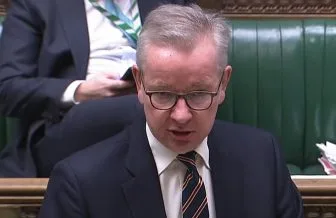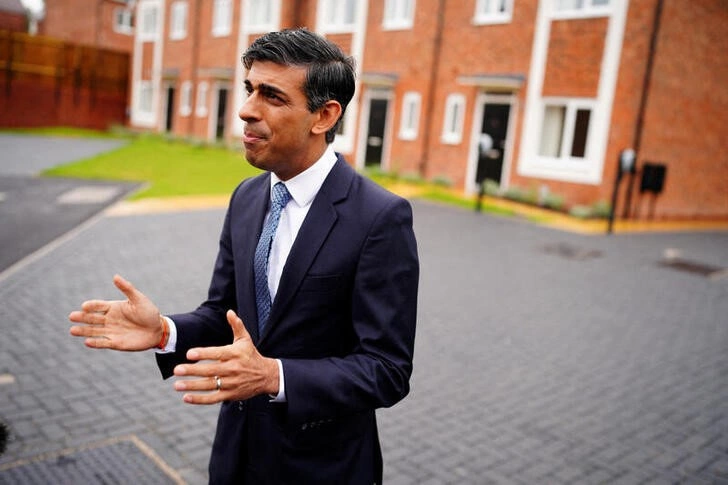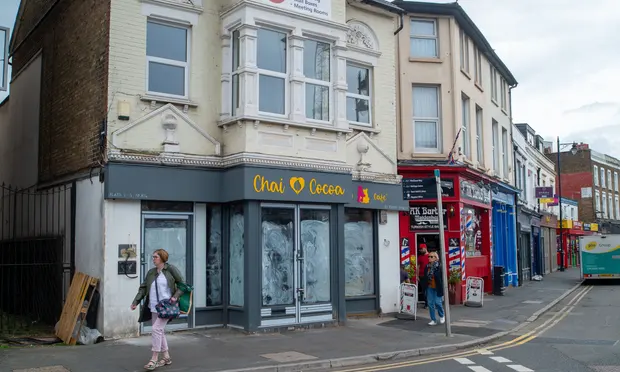
Michael Gove has slammed one of Britain’s biggest social landlords for letting tenants down.
The housing secretary told L&Q: “You have failed your residents”. He also called the chief executive of housing provider to a meeting after the housing ombudsman ordered the landlord to pay tenants more than £140,000 in compensation.
The move follows a special investigation revealed it was “dismissive” of tenants and found “severe maladministration”, including in tackling disrepair and antisocial behaviour.
L&Q, which rents out more than 105,000 homes in England, primarily in London, the south-east and the north-west, “failed to consistently identify damp and mould” as a key problem, disregarded its own antisocial behaviour policy and presided over “a period of significant failure” as a landlord, said Richard Blakeway, the housing ombudsman.
Responses to complaints were marked by “a lack of listening” and were “overtly dismissive, heavy handed and lacking in respect” in some cases, the ombudsman said. There was a “repeated failure to respond fairly to vulnerable residents, especially where the resident had a disability or mental health problems”.
 Blakeway said his special investigation into L&Q found that “resident concerns were repeatedly dismissed or poorly handled, without the respect they or their issues deserved. Crucially, the needs of vulnerable residents were not always identified, and too often this caused serious detriment and risk to them”.
Blakeway said his special investigation into L&Q found that “resident concerns were repeatedly dismissed or poorly handled, without the respect they or their issues deserved. Crucially, the needs of vulnerable residents were not always identified, and too often this caused serious detriment and risk to them”.
He said: “The landlord consistently failed to take sufficient action on its own monitoring and warning signs that were evident in its complaints and independent reviews – leading to a prolonged period of decline, especially in areas like repairs and complaints handling. Rather than address the core issues, the landlord continued to firefight individual issues.”
In a letter to Fiona Fletcher-Smith, the chief executive of the association, Gove said he was “deeply shocked and disappointed” to discover the landlord’s failings had caused residents
“unacceptable” and “prolonged periods of distress”.
 “This is unacceptable,” he said. “You have stopped listening to your residents’ voices, and failed to deliver the service that they should expect … in some cases you were described as having been ‘heavy handed’, ‘dismissive’ and even ‘callous’ and ‘confrontational’ … You must take immediate action to remedy these severe failings.”
“This is unacceptable,” he said. “You have stopped listening to your residents’ voices, and failed to deliver the service that they should expect … in some cases you were described as having been ‘heavy handed’, ‘dismissive’ and even ‘callous’ and ‘confrontational’ … You must take immediate action to remedy these severe failings.”
Fletcher-Smith said: “My senior leadership colleagues and I are personally contacting the residents whose complaints the ombudsman judged to have involved service failure or maladministration on our part. We have apologised for the completely unacceptable service they have received. L&Q has let them down, and I’m truly sorry for that.”
Original Post from propertyindustryeye.com



 Responding to comments by Gove, suggesting a delay to energy efficiency proposals for the private renter sector, Ben Beadle, chief executive of the National Residential Landlords Association, expressed concern.
Responding to comments by Gove, suggesting a delay to energy efficiency proposals for the private renter sector, Ben Beadle, chief executive of the National Residential Landlords Association, expressed concern.



